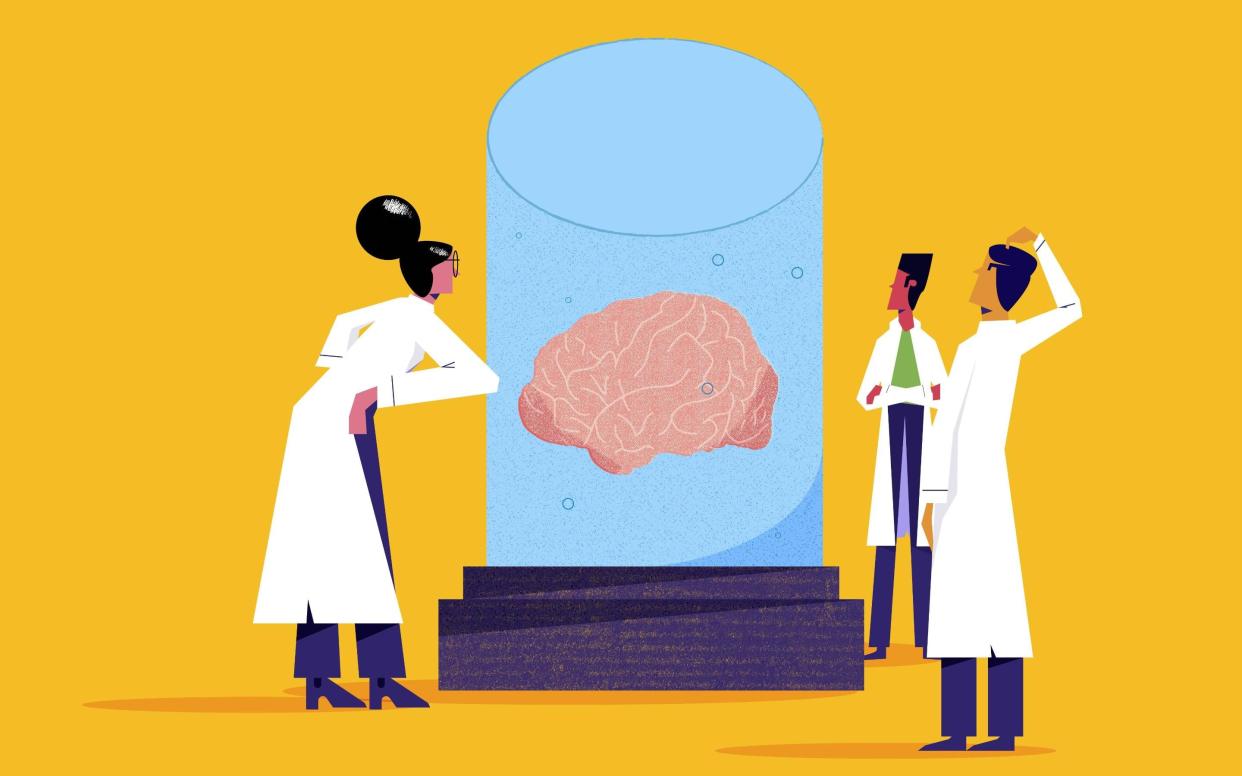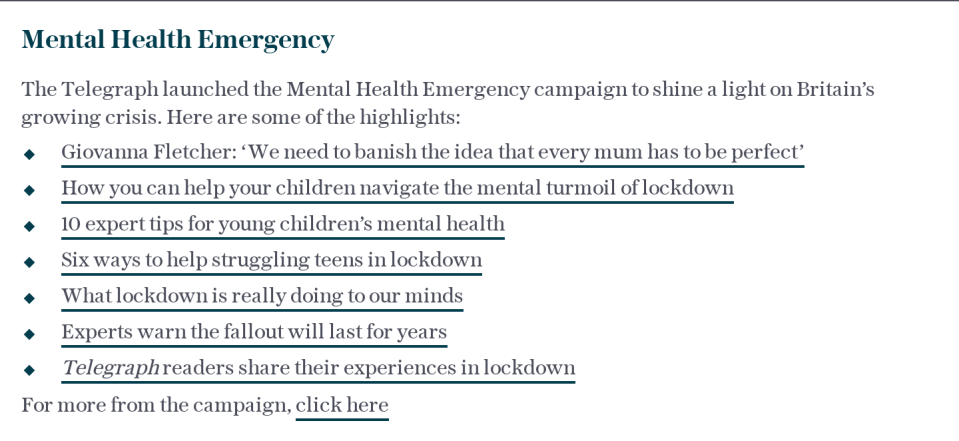Almost half of young adults at clinical risk of mental health disorders in 'profound crisis', study shows

Almost half of 18-24 year olds in the English-speaking world are facing a “clinical level risk” of mental health disorders like depression and anxiety, and Covid-19 has only made things worse, according to a major new survey.
The results show a “profound societal mental health crisis”, the report from the Mental Health Million Project, an initiative led by the US non-profit Sapien Labs, concluded.
Founder Dr Tara Thiagarajan said: “Covid-19 is exacerbating challenges that society already had, and certainly younger people have been impacted differently or in some ways more significantly by Covid, because their mental wellbeing was already so poor to begin with. Just sliding a bit can put you over the edge.”
The study is not the first to highlight what the World Health Organisation has called a “parellel pandemic” of poor mental health during the pandemic.
But it is among the largest, including around 49,000 people across eight English speaking countries, including the UK and the United States but also the substantial English-speaking populations of South Africa, India and Singapore.
It measures mental health on a scale called the Mental Health Quotient (MHQ), derived from psychiatric assessments and completed anonymously online.
It showed that the hit to mental health caused by the pandemic has been universal across all of the different countries, although some have fared worse than others, and young adults have been hit the hardest by some length.

The scale ranges from -100, ‘clinical’, to 200, ‘thriving’. Overall, the results fell on average by eight between 2019, when a smaller sample of just 2,000 adults were surveyed, and 2020. This equated to a fall from 90 to 66 on the MHQ scale.
Singapore saw the highest rating, at 94, and the UK and South Africa the lowest, at 54 and 56 respectively.
The percentage of respondents who were either assessed as having clinical disorders or being at risk jumped from 14 per cent to 26 per cent across the whole population.
Meanwhile, overall wellbeing for 18-24 years olds dropped by 15 per cent, or 44 points, from 73 to 29 on the MHQ scale. The report warned that 44 per cent of this age group are either clinically diagnosed with a mental health disorder, or at risk of developing one.
This compares to just six per cent of those older than 65.
“Such a profound difference in mental wellbeing must sound a loud alarm,” the report said, acknowledging that the results were somewhat skewed, particularly in countries like India, towards an educated and internet-enabled population.
Dr Thiagarajan said the “scary” generational gap was seen across all of the countries surveyed.
It tracks with other findings, including from the WHO in Europe, which suggested half of young people have experienced depression or anxiety - the most common mental health disorders - during the pandemic.
She said that while there might be an improvement next year, it was still a warning sign.
“If [this and future generations] have almost half of the population with serious issues that impact their ability to function in society, that’s a profoundly different society, and what are we going to do with that? So we need to get to the bottom of that and find out what is driving this,” she said.
For now, her main theory is the rise of the internet.
“My hypothesis would be that they're the first generation that grew up fully in the internet,” she said. “And so all of their social lives, and the way they interact with other people, is quite profoundly changed,” she said, calling for more research.

Protect yourself and your family by learning more about Global Health Security

 Yahoo News
Yahoo News 
